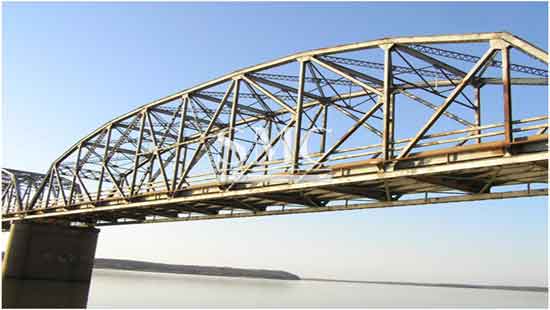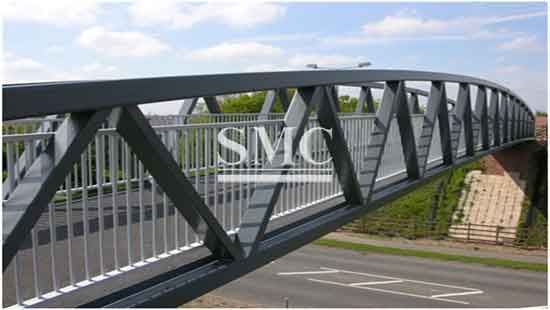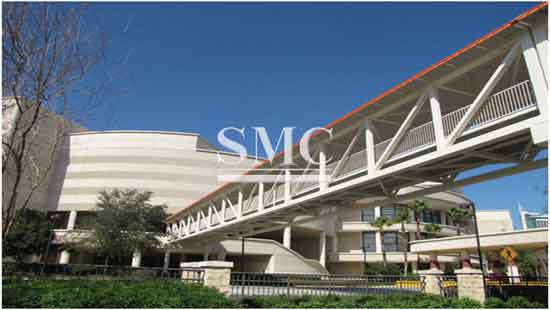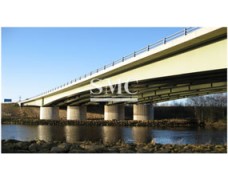
- Company overview The heart of SMC Vision & Philsophy Partnership Certifications Company culture
- Our service Design and Engineering Maintenance and Service Examine Production Line Upgrade and Transformation Storage and Logistics Processing, Trading and Distributor
- Management Our history Global responsibility Info Center
- Procurement center Internship
- Metal Steel Products Stainless Steel Products Aluminum Products Copper Products Galvanized Steel and PPGI Special Alloy Building Material
- Containers ISO Standard Container Equipment Container Storage Container Container House Refrigerated/Reefer Container Offshore Container Tank Container Container Fittings Container Trailer
- Gas Cylinder & Fire Extinguisher Cryogenic Liquid Cylinder Oxygen Gas Cylinder Storage Tank CNG Gas Cylinder LPG Gas Cylinder Hydrogen Gas Cylinder Nitrogen Gas Cylinder Industry Gas Cylinder Fire Extinguisher
- Metal Machinery Forming Machine Other Machinery Cutting Machine Processing Machine Bending Machine Block Machine Motor Spare Parts
- Mechanical Products Vehicle Industry Miscellany Mooring Equipment Marine Equipment Pressure Vessel Conveyor Belt Laser Equipment Bearing
- Electrical System Electrical Cable Automation Power Distribution Solar Power System Electric Protection System Transformer Production Line Lighting System
- Project Fiberglass Reinforced Plastic Plastic Pipes and Pipe Fittings Pontoon System
Steel Truss Bridge
1. Highest national qualification--Grade One Steel Structure Engineering Professional Contractors
2. Able to undertake all kinds of steel structure projects without limitation in span, contract sum, construction area or total weight of construction
3. Obtained the Construction Design Qualification
4. Experienced in overseas project
5. Co-development with University Lab
6. 85000㎡ workshop, about 3000 workers to ensure delivery time
General
Truss Bridge is a triangulated framework of individual elements or members which act primarily in tension or compression. Trusses have been used in a similar way to beams in composite decks, as arches, as cantilevers or as stiffening girders to suspension bridges.
Today, the truss girder form of construction usually proves expensive to fabricate because of the large amount of labour-intensive work in building up the members and making the connections, so they are seldom used for ordinary highway bridges. However, for through or half-through forms, truss bridges do offer a very stiff, lightweight solutions with minimum structural depth. Hence, they are widely used for footbridges, demountable bridges, gantries and longer span railway bridges (over 50m).
Product Information
SMC always use high-quality structure steel that is readily available worldwide in certified grades, in products of various shapes and sizes. Prefabrication of steelwork in controlled factory conditions leads to high quality work at minimum cost. The excellent quality control is achieved through a thorough testing regime at the steel mills and during the fabrication processes of cutting and drilling, assembly, welding, and protective treatment. The quality assurance that is attained should give confidence to all clients and engineers who specify steel for their bridge project.
Steel material is supplied in two product forms – ‘flat products’ (steel plate and strip) and ‘long products’ (rolled sections, either standard open sections such as beams, channels, angles, etc or hollow sections). For structural use in bridges these products are inevitably cut (to size and shape) and welded, one component to another. In the structure, the material is subject to tensile and compressive forces. Structural steel generally responds in a linear elastic manner, up to the ‘yield point’ and thereafter has a significant capacity for plastic straining before failure. All these aspects of steel material are utilised by the designer of a steel bridge.
Construction
A wide range of construction methods and sequences are available for steel bridges. They can be lifted, piece-by-piece, by cranes or strand jacks; they can be launched by sliding or rolling from the abutment; or they can be slid or transported into position. In some instances a combination of erection methods are needed; these are called ‘Hybrid schemes’. Steel offers flexibility in terms of erection sequence and certainty in terms of the programme, once erected, the steel girders provide platforms for subsequent deck construction operations. That can reduce the construction time.
Offsite prefabrication of steel components means that construction time on site often in hostile environments. The speed of bridge construction made possible by steel allows disruption to road and rail users to be kept to a minimum. The relatively low weight of structural steel components permits the erection of large sections; in some circumstances complete bridges can be moved into position overnight. Speed of steel bridge construction also benefits main contractors even on ‘green field’ sites, as it allows them to establish and maintain access for haul roads.
here
for
price







